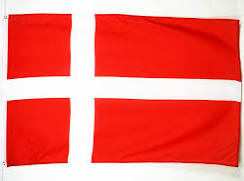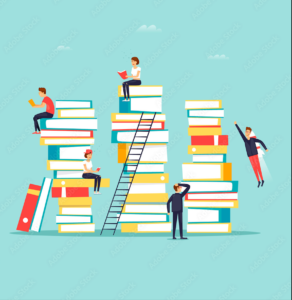Share
By Christina Cerfontaine
Sport is a universal language that unites individuals of all nations, ethnicities, and cultures. In our present world of increased globalization and migration, sport is a powerful unifier. In recent years, there has been a growing interest in using sports to facilitate the integration of immigrants and refugees. This is reflected in numerous projects and programs throughout the Member States, whether they are handled by local community organizations, sports leagues, or representative bodies for specific sports, or by organizations that support immigrants and asylum seekers. Sports associations all over Europe have taken on the immigration challenge by using their well-established associations to help in the integration process. Many examples from all over Europe show that refugees who were connected to sports activities and whose sports associations have a better understanding of their current situation. It is strongly believed that both sports and physical activity are important parts of the solution for the integration of refugees in Europe (IRTS platform, 1995).
Sport as a means of integrating refugees is a viable avenue pursued by numerous organizations and institutions, such as sports clubs, sports projects, etc. According to the employees of these organizations, athletics promotes the social integration and well-being of refugees. On this basis, new contacts and friendships can be established, and access to networks and information can be facilitated. Moreover, athletics has a health-promoting effect and may structure daily life, which can be especially beneficial for migrants who have had to abandon their previous routines and develop new ones. Team sports teach not just athletic talents but also social skills like fair play and cooperation. Sports provide a unique chance for newcomers to practice their language skills, despite the fact that sports can be played without or with limited knowledge of the language and so promote nonverbal communication. Different sorts of sports provide the opportunity to experience new things and gain a new perspective on oneself, which can increase self-esteem. Sports can also lead to social recognition through athletic accomplishments and/or club volunteerism. (SPIN sports inclusion network).
Nevertheless, refugees and asylum seekers could face many barriers in regard to participating in sports activities, and in a sports club and can be discriminated against when looking for a training place or having access to sports facilities. Even if the sport is a universal language, it is difficult for refugees to find out about clubs and know since they do not speak and do not understand the destination land. Besides, participation in a sports club does not guarantee safety for refugees and asylum seekers as it is usually organized by sponsors who are more interested in maintaining a good relationship with the local police than being concerned about the well-being of refugees.
However, some groups assist immigrants and asylum-seekers in participating in sports. The purpose of the “SPIN Network” is to promote inclusion via sport and physical exercise among disadvantaged populations, especially ethnic minorities, migrants, and women. Raise awareness and disseminate best practices among sports stakeholders on the proactive involvement of vulnerable groups in and through sports. Support, empower, and strengthen grassroots initiatives and minority organizations. Make innovative use of sport as an educational tool, focusing on youth in particular. Develop strategies and techniques to combat racism, sexism, homophobia, and other forms of prejudice in sports and society. foster communication and cooperation on an equal footing with sport-for-development initiatives and stakeholders from outside the European Union and the Global South. In contrast, the “integration of refugees through sports platform” aims to empower individuals working or volunteering in the integration of refugees through sports roles by providing in-person and online opportunities to meet, learn, gain recognition for their initiatives, and network with high-profile humanitarian organizations.
“On ne parle pas la même langue, mais on s’amuse bien et on rigole bien ensemble.“


